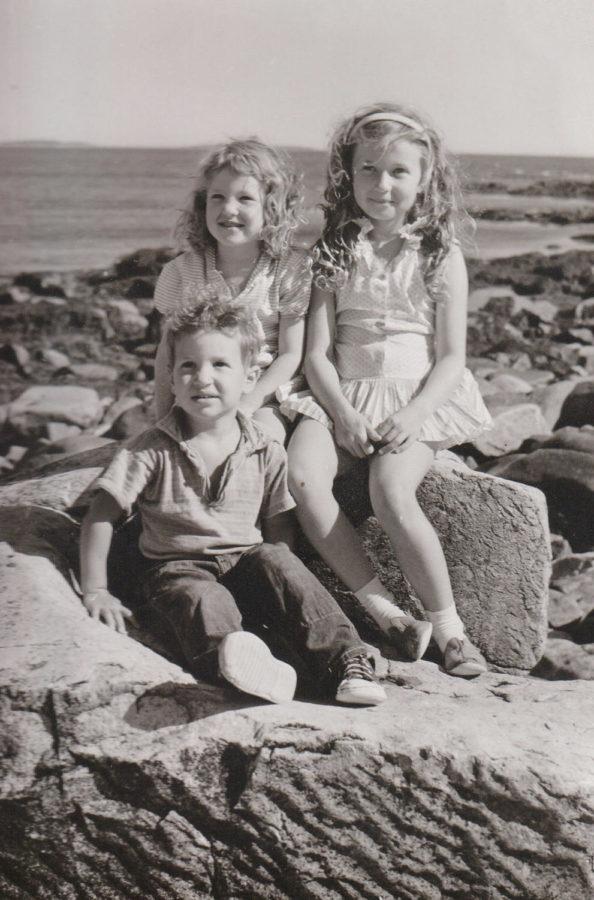50 years later, family reflects on crash that killed UK faculty
April 13, 2017
April brings a time of reflection and sorrow for the Schweet family. This month marks the 50th anniversary of the tragic plane crash that killed Dr. Richard Schweet, a professor and founder of the current Department of Molecular and Cellular Biochemistry at the UK College of Medicine, as well as eight other passengers, three of whom were UK faculty. The faculty include: Dr. R.C. Simonini and Dr. Jerome Cohn from the College of Medicine, and Dr. S.O. Navarro, associate professor and chair of the Department of Computer Science.
According to a 1967 article in the Courier-Journal, passengers were scheduled to fly to Louisville from Lexington for a connecting flight, but the plane was delayed in Roanoke, Virginia for mechanical difficulties. Instead of waiting on the original plane, two others were chartered from Lexington Air Taxi Service to take the passengers to Louisville. One plane held six passengers and landed safely in Louisville. The second plane held the other eight passengers, including Schweet, but crashed shortly after take-off.
“I remember a family friend, a girl who worked with my father at UK Medical School, yelled that our mother wanted us to go inside. We went to the living room. She said she had bad news to tell us; our father was killed in a plane crash,” Schweet’s daughter, Laurin, said, who was 11-years-old at the time of her father’s death.
Schweet was appointed a Senior Research Fellow and an Established Investigator of the American Heart Association during his time at The California Institute of Technology. He was a part of a research team that studied the formation and function of aminoacyl transfer RNA, which was a substantial scientific breakthrough in the 1960s, according to his obituary.
He rubbed shoulders with some of the most famous scientists in history, including James Watson, one of the scientists credited for discovering the structure of DNA.
“Our mother said there were only a handful of others doing the level of research as our father. He often went back to work after dinner to finish up his projects. He was very dedicated,” Schweet’s son, Rick, said, who was only 9-years-old when his father died.
Even though the plane crash was 50 years ago, his children can remember the days spent with their father.
“He really loved the outdoors. He loved fishing, hunting and camping,” Rick said. “I have seen pictures of Laurin and I camping with him while carrying backpacks larger than us.”
Laurin and Rick received full tuition scholarships to UK. They said the time was hard for their family after their father’s death, but they were glad they could receive an education from the university.
“Grief and tragedy are universal and they cut across all cultures and all age groups. It is a constant in our lives that we share. When you think about it at that perspective, everyone can relate to it, even though it happened 50 years ago,” Laurin said.
































































































































































